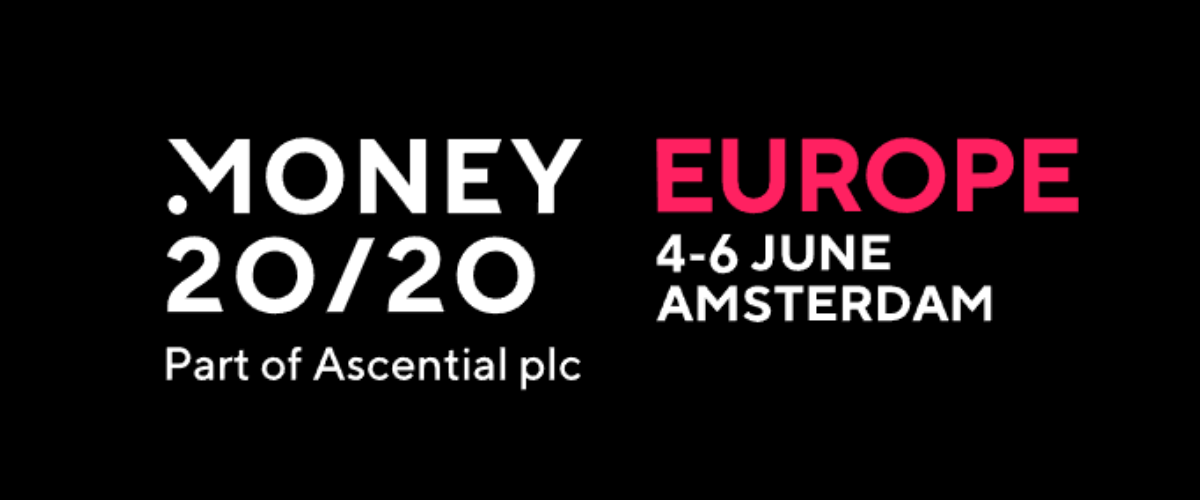The fintech industry is rapidly evolving and disrupting traditional financial systems. In this article, we bring you the latest research insights to help you stay ahead of the curve and understand the future of financial technology. Enjoy researching!
The 60 Decibels Microfinance Index (60 Decibels)
This dashboard shows the comparative social performance of 72 microfinance organizations, based exclusively on what we heard from nearly 18,000 of their clients. Collectively, these MFIs are serving more than 25 million clients in 41 countries, more than 15% of all microfinance clients globally. Read more
Microfinance in Europe: Survey Report (2022 edition) (European Microfinance)
The 2022 edition of the Microfinance Survey in Europe offers a snapshot of the microfinance sector from 2020-2021, during and after the most severe phase of the COVID-19 pandemic. This is the 10th edition of the Overview Survey for the European Microfinance Network (EMN) and the fourth time it was carried out in collaboration with the Microfinance Centre (MFC). The collaboration between these two networks allows the survey to cover the lion’s share of the European microfinance sector, delivering the most complete dataset available at this time. The study covered 156 institutions from 30 countries and captured data for 2020-2021. Read more
Fintech to become $1.5 trillion industry by 2030 (Finextra)
Financial technology revenues are projected to grow sixfold from $245 billion to $1.5 trillion by 2030, according to a report from Boston Consulting Group (BCG) and QED Investors. The fintech sector, which currently holds a two per cent share of the $12.5 trillion in global financial services revenue, is estimated to grow up to seven per cent. 2022 proved a tough year for fintechs, which on average lost more than half of their market value, but, according to the research, this plunge was merely a short-term correction in an otherwise long-term positive trajectory. Asia-Pacific is poised to outpace the US and become the world’s top fintech market by 2030, with a projected compound annual growth rate (CAGR) of 27%. This growth will be driven primarily by emerging economies such as China, India, and Indonesia that have the largest fintechs, voluminous underbanked populations, a high number of small and medium-sized enterprises, and a rising tech-savvy youth and middle class. Read more
Market figures (MVP.nl)
The research is divided into investments by private equity firms, divestments (usually sales) and new funds raised from investors. Sometimes several investments are made per company. For example, in venture capital it is very common to invest in a syndicate. Follow-up investments occur in private equity. Hence the distinction between companies and investments in some tables. Read more
North American pet insurance sector exceeds $3.5bn (Global Fintech)
The North American Pet Health Insurance Association (NAPHIA) released its 2023 State of the Industry (SOI) Report showing the North American pet health insurance sector grew by 23.5% in In-Force GWP over 2022. The SOI Report highlights a number of noteworthy industry milestones, including a record $3.51bn in total premiums for 2022 (a 23.5% increase from $2.84bn in 2021) and over 5.36 million total pets insured across North America (a 21.7% increase from the 4.4 million total pets insured in 2021). NAPHIA SOI results show 2022 total premium volume in the US amounted to $3.22bn, a 24.2% annual increase over 2021. In Canada, total premium volume totalled $374.0m CAD, an increase of 19.3% over the previous year). Rick Faucher, NAPHIA President and CEO and founder of Toto Pet Insurance, said the positive 2022 results are remarkable considering the growing economic pressures pet owners faced last year, with rising food and energy costs, plus higher mortgage and loan interest rates. Read more
Diversity at the top makes banks better (ECB)
Banking is still a man’s world. Out of the 361 CEO appointments made between 2020 and 2022 at the significant institutions (SIs) directly supervised by the ECB, as well as at their subsidiaries, more than 300 were men, as the ECB has observed. Also, in the same period, only 36% of members of boards newly appointed in SIs were women. Why is that an issue? For one thing, diverse boards make better business decisions. And as supervisors it is our job to check that banks take steps to create the best conditions for making good decisions. So, we have been gathering information about governance in SIs. Unfortunately, the data reveal a mixed picture. On the one hand, there have been improvements in banks’ diversity policies, which include education, experience, geographical provenance and age in addition to gender. Last year, we addressed a number of banks directly about their lack of such policies, and it’s good to see that they have acted on this. Other banks that did already have diversity policies in place have raised their targets. On the other hand, when we look at the actual targets set, we can only express our disappointment. On average, banks only raised their diversity targets for management bodies from 32% in 2020 to 34% at the end of 2022. Read more
–
Do you have any news to share: please put feed@hollandfintech.com on your press list.
Curious to read and find out more from fintech? Then subscribe & read our full newsletters here. In order to see our other weekly highlights, check out the following links: analysis & opinion



